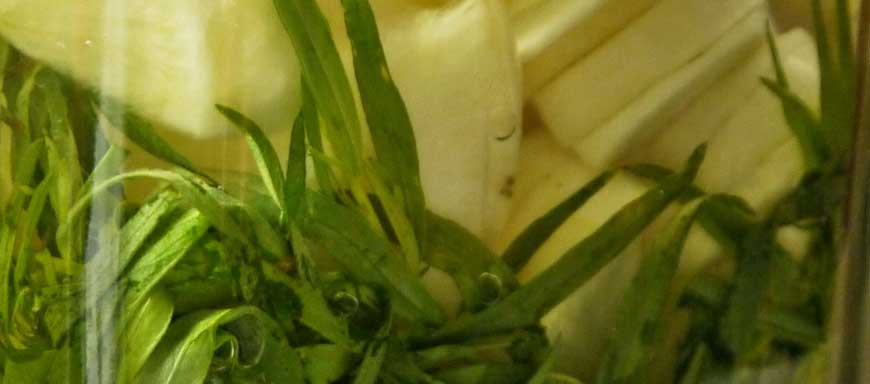
Microbiome Research Will Change Our Approach
The research surrounding the microbiome is absolutely fascinating stuff. Could it help us one day cure or predict disease? Could it help us better treat celiac disease, Lyme Disease, cancer, even diabetes? It will most certainly change the way we approach our health, food, and environment.
Microbiomes are the communities of microorganisms that live on or in people, plants, soil, oceans, lakes, rocks, and the atmosphere. Recent discoveries have generated a new view of the biological world, one that recognizes that plants and animals are actually meta-organisms containing one or many microbial species. Inanimate surfaces, from rocks to keyboards, are likewise swarming with microbial life.
~National Microbiome Initiative
We first discussed the microbiome on this blog with Dr. Alessio Fasano, MD, Chief of Pediatric Gastroenterology and Nutrition at Massachusetts General Hospital, and is the Director of the Center for Celiac Research. His ground breaking research had expanded into the microbiome, including studies on the microbiome in the gut and how that protects us from disease; as well as the gut’s relationship to the brain.
A recent article from NPR.org takes us a little further into the laboratory. Scientists are actually using food like sourdough as the "lab rats" in their experiments. Rob Dunn, a biologist out of North Carolina University, is leading an international team on the Sourdough Project. These researchers are using sour dough bread starters from home cooks all over the world. It is a citizen-science initiative," according to the NPR article. This is the ultimate collaboration - different disciplines, labs, world-wide, and with scientists and normal folks like you and me. We all affect each other. Even down to the little bugs that live in, on and around us. Why not work together?
Why sourdough, you ask? It is a fermented food, which means that some of the good bacteria that we need to digest and live are a part of their recipe. Sourdough and kimchi only have a few strains of good bacteria, which make them easier to study. Cheese rinds are more complex and their microbiome is actually similar to the one on your skin. Scientists can continually apply what they have learned from a simpler system (like sourdough), to more and more complex microbial systems, like cheese rinds, our skin, our gut, and our soil. How cool is that?
In recent years, scientists have learned that microbiomes have an outsize influence on nearly every aspect of the world, including health, agriculture and the environment. Imbalances in our gut microbiomes, for example, have been linked to a laundry list of health issues, including obesity, colon cancer and autism. Last year, then-President Barack Obama launched the National Microbiome Initiative, a half-billion-dollar plan to study the microbiome.
~NPR.org, July 17, 2017, More than Bread: Sourdough As a Window Into the Microbiome
Reporter, Marcus Woo